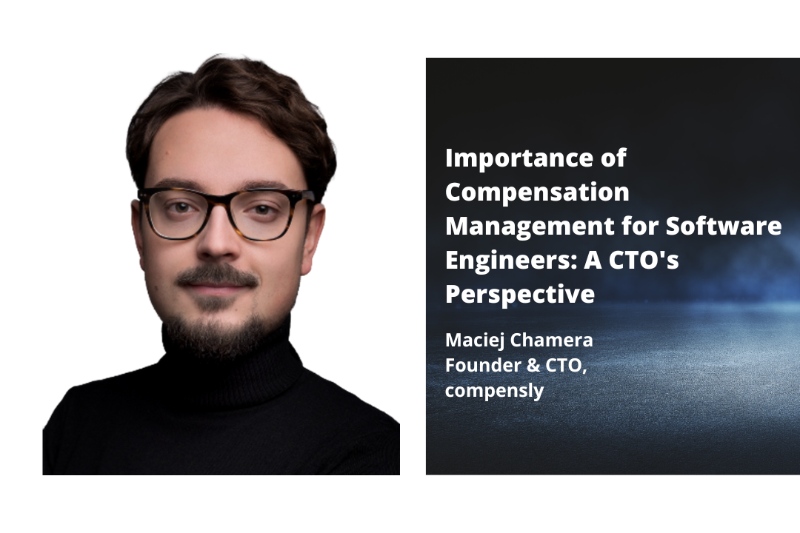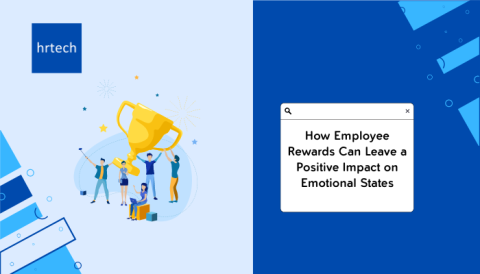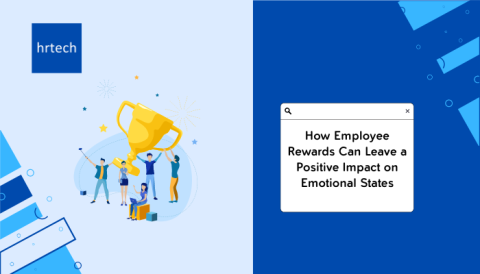By recognizing the significance of accurate benchmarking data and avoiding both underpaying and overpaying scenarios, we can attract and retain top software engineering talent, foster motivation, and build a thriving team of innovative professionals.
by Maciej Chamera, Founder & CTO, compensly

As the Chief Technology Officer (CTO) of our company, I’ve had the privilege of witnessing the crucial role that compensation management plays in attracting, retaining, and motivating top-notch software engineers. Allow me to share a personal story that highlights the significance of accurate benchmarking data and how poor compensation decisions can impact an organization.
The Tale of Losing Our Best Talent
In one of my previous companies, we experienced a period of turmoil when several of our top software engineers decided to leave the organization. It was a major blow to our team and affected the overall morale and productivity. As I delved into the reasons behind their departure, I discovered a disturbing trend – our compensation management was inadequate, and we lacked accurate benchmarking data to make informed decisions.
One particular instance stood out. A brilliant software engineer, let’s call him Alex, was one of our key players. Alex had been with us for over five years and had contributed significantly to the success of several flagship projects. However, due to a lack of proper salary benchmarking, we had unknowingly underpaid Alex compared to the industry standards. When Alex received a job offer from a competitor with a substantially higher salary, it was a no-brainer for him to make the switch. Despite our efforts to match his salary, it was already too late, and we lost one of our best talents.
The Dangers of Overpaying
On the other hand, the incident with Alex also shed light on another pressing issue – overpaying software engineers. In an attempt to attract top talent, some companies are resorting to exorbitant salary offers without proper assessment. This approach might seem enticing in the short term, but it can lead to severe repercussions in the long run.
Let’s take the example of three software engineers we hired in Singapore. Each of them was offered an additional 2,000 SGD per month more than the industry average. At first glance, this decision seemed like a strategic move to secure the best talent. However, over a year, this decision led to an extra cost of 36,000 SGD for the company. As time went on, these engineers received promotions and increments based on their initial inflated salaries, compounding the problem and making it even more challenging to rectify.
Introducing compensly: A Solution to Compensation Management Woes
As a tech person, I knew that solving the compensation management challenge required a tech solution. It’s hard to believe that in 2023, companies still rely on manual surveys to get benchmarking data, and often, they are left dissatisfied with the results. Based on hundreds of customer interviews we conducted, we know that data provided by legacy players is not reliable. That’s why we decided to create compensly, a comprehensive compensation benchmarking platform for the APAC region.
Compensly operates by gathering real-time data from our customers’ HRIS (Human Resource Information System) through seamless API integrations. This ensures reliability and accuracy in compensation benchmarking, enabling us to make well-informed decisions when it comes to setting competitive salary ranges and incentives for our software engineers.
Conclusion
I firmly believe that every tech leader wants the confidence of paying their best talent fairly, but nobody wants to overpay. And that’s exactly why compensly exists. By recognizing the significance of accurate benchmarking data and avoiding both underpaying and overpaying scenarios, we can attract and retain top software engineering talent, foster motivation, and build a thriving team of innovative professionals.
compensly has become an indispensable tool in our quest for effective compensation management, and I’m proud to say that our software engineers are now better rewarded for their exceptional contributions. By optimizing our compensation practices, we ensure that our company remains at the forefront of the tech industry and continues to deliver groundbreaking solutions to our clients.
About the Author:

Maciej Chamera is the Founder and CTO of compensly, with a track record of leading varied technology initiatives. Skilled in architecting and developing scalable solutions for diverse industries, leveraging a range of programming languages and technologies.
About Compensly:
compensly is a compensation benchmarking platform tailored for the APAC region. It utilizes API integrations to collect real-time compensation data from HR systems, enhancing both efficiency and reliability.
Effective employee compensation is a critical aspect in APAC’s fast-paced business environment. compensly aids this by providing organizations with comprehensive, up-to-date compensation details. Key data, including salary brackets, bonuses, and benefits, are extracted from HR systems using APIs.
A significant advantage of the platform is its ability to provide live updates. Regular integration with HR systems allows compensly to capture changes in compensation as they happen, supplying accurate insights to HR teams and decision-makers. This feature assists organizations in making timely, data-driven decisions.
To ensure reliability, compensly employs rigorous data validation methods. Complex algorithms and protocols identify any discrepancies, boosting the credibility of the data provided.
compensly also offers a straightforward interface equipped with strong analytical tools, customizable reports, and interactive dashboards. This allows users to compare their compensation strategies with industry standards effectively.



